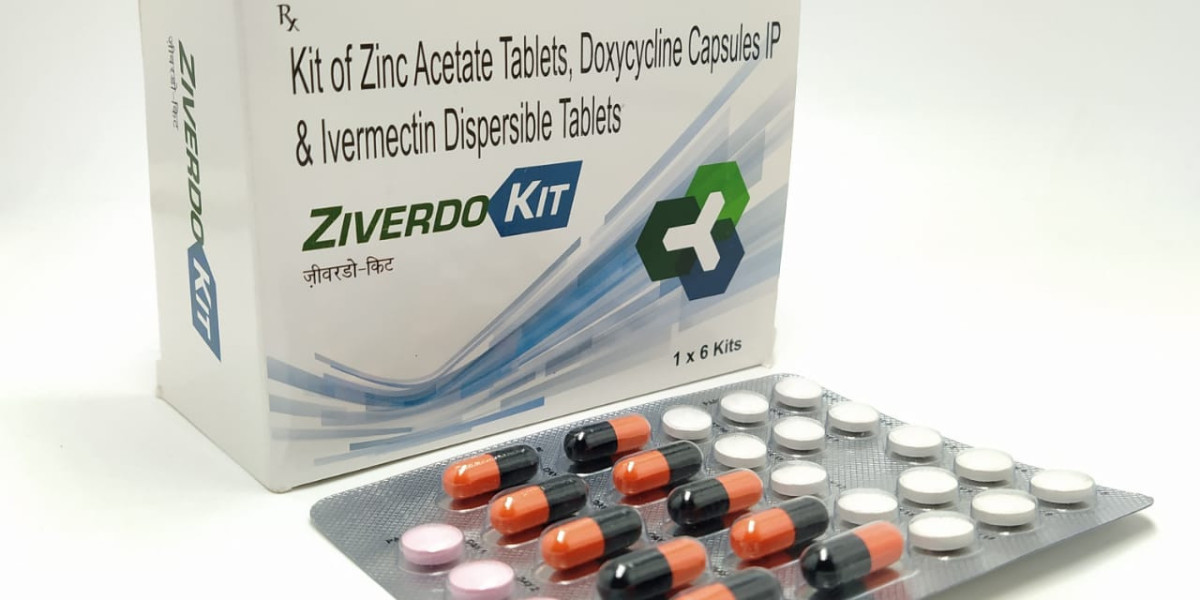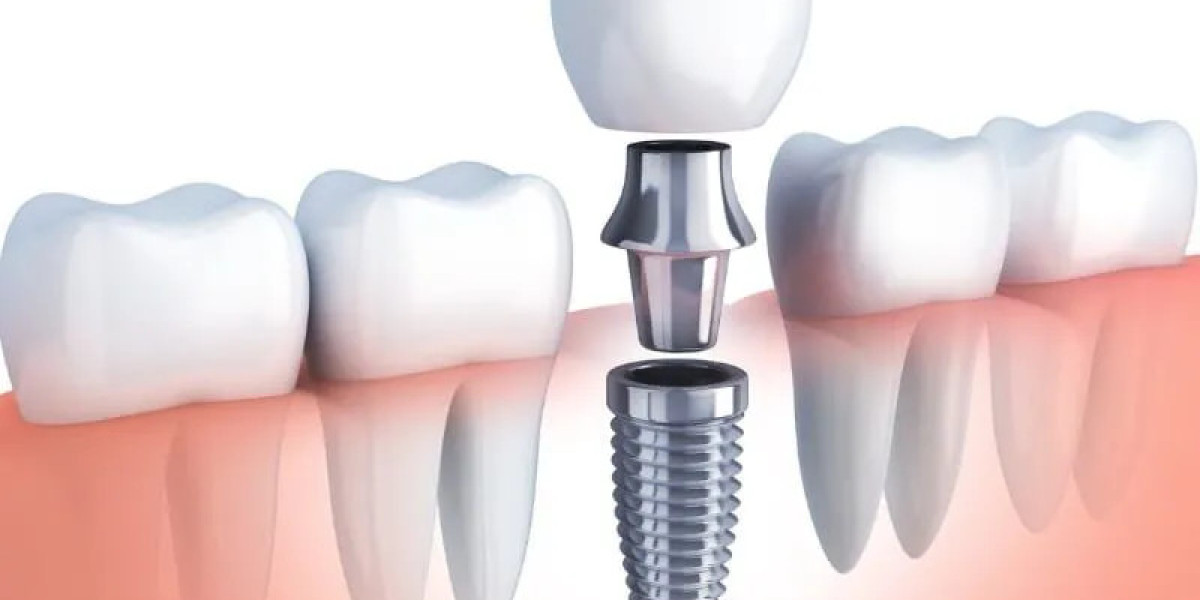The Ziverdo Kits has gained attention as a potential therapeutic option for various health conditions, offering a combination of zinc, doxycycline, and ivermectin. In this article, we embark on a comprehensive evaluation of the effectiveness of the Ziverdo Kit across a spectrum of health conditions, exploring the evidence supporting its use and the implications for clinical practice.
Understanding the Components: The Ziverdo Kit comprises three key components: zinc, doxycycline, and ivermectin. Each ingredient brings its unique properties to the table, with zinc playing a role in immune function and cellular metabolism, doxycycline exhibiting antibiotic activity against a wide range of bacteria, and ivermectin possessing anti-parasitic and potential antiviral properties.
Exploring Potential Applications: Proponents of the Ziverdo Kit advocate for its use in various health conditions, including infectious diseases, inflammatory conditions, and viral illnesses. Some suggest its potential efficacy in treating COVID-19, citing the antiviral properties of ivermectin and the immunomodulatory effects of zinc and doxycycline. Additionally, there is interest in exploring its utility in conditions such as acne, rosacea, and certain parasitic infections.
Reviewing Available Evidence: Despite the enthusiasm surrounding the buy Ziverdo Kit, the evidence supporting its effectiveness in diverse health conditions is mixed and often limited. While some studies and anecdotal reports suggest positive outcomes, particularly in the context of COVID-19 treatment or prophylaxis, others highlight the need for further research and rigorous clinical trials to substantiate these claims and elucidate the optimal dosing regimens and patient populations.
Considerations for Clinical Practice: Healthcare providers faced with the decision to prescribe the Ziverdo Kit must carefully weigh the available evidence, considering factors such as the severity of the condition, individual patient characteristics, and potential risks and benefits associated with each component. Transparent communication with patients regarding the current state of evidence, uncertainties, and alternative treatment options is essential in facilitating shared decision-making and informed consent.
Future Directions and Research Needs: Moving forward, continued research is imperative to clarify the role of the Ziverdo Kit in various health conditions and refine our understanding of its mechanisms of action, safety profile, and clinical efficacy. Well-designed clinical trials, systematic reviews, and meta-analyses are essential to provide robust evidence and guide evidence-based practice.
Conclusion:
The Ziverdo Kit presents a promising yet complex therapeutic option across diverse health conditions, leveraging the synergistic effects of zinc, doxycycline, and ivermectin. While initial findings and anecdotal reports suggest potential benefits in certain contexts, the current evidence base remains inconclusive, necessitating cautious interpretation and further research. By critically evaluating the available evidence and fostering collaborative efforts in research and clinical practice, we can elucidate the true effectiveness of the Ziverdo Kit and optimize its utility in improving patient outcomes and advancing public health initiative.








